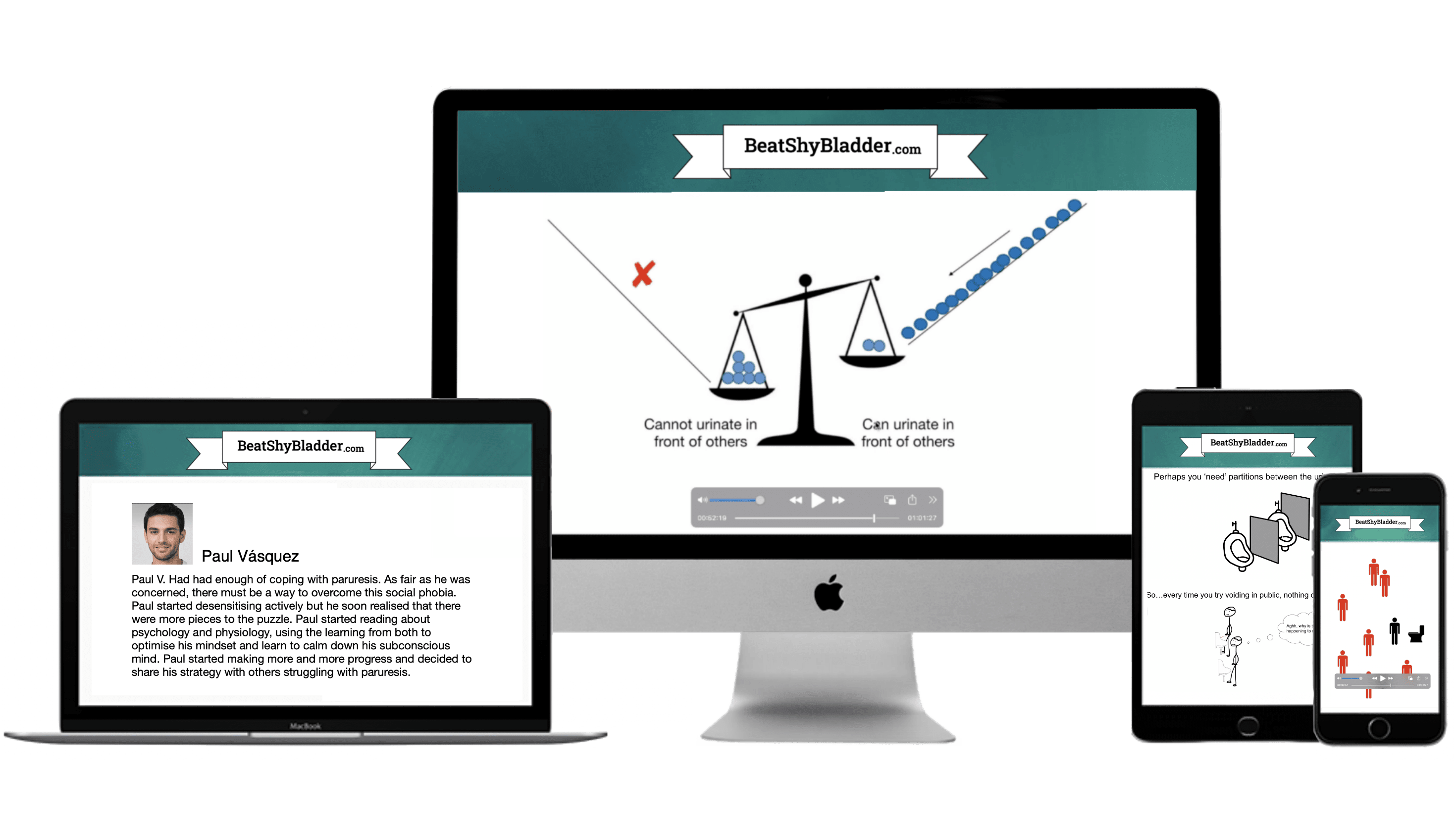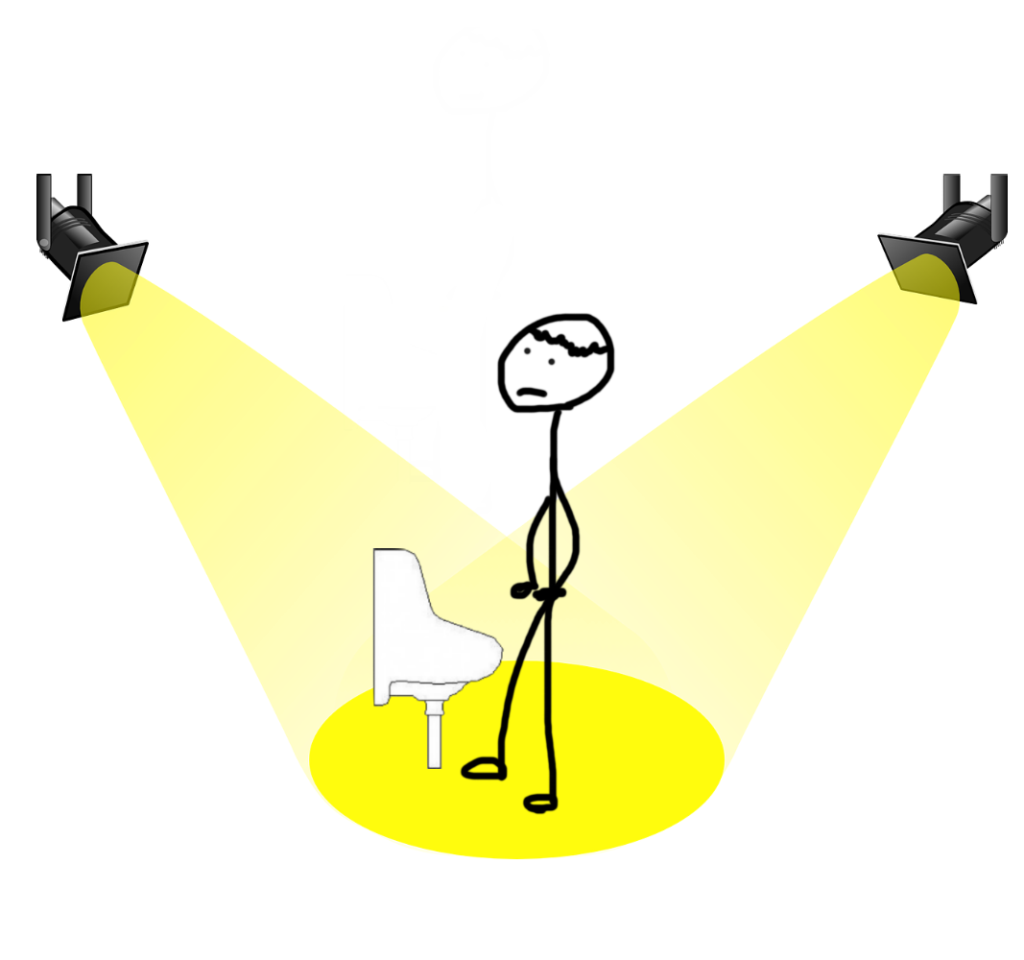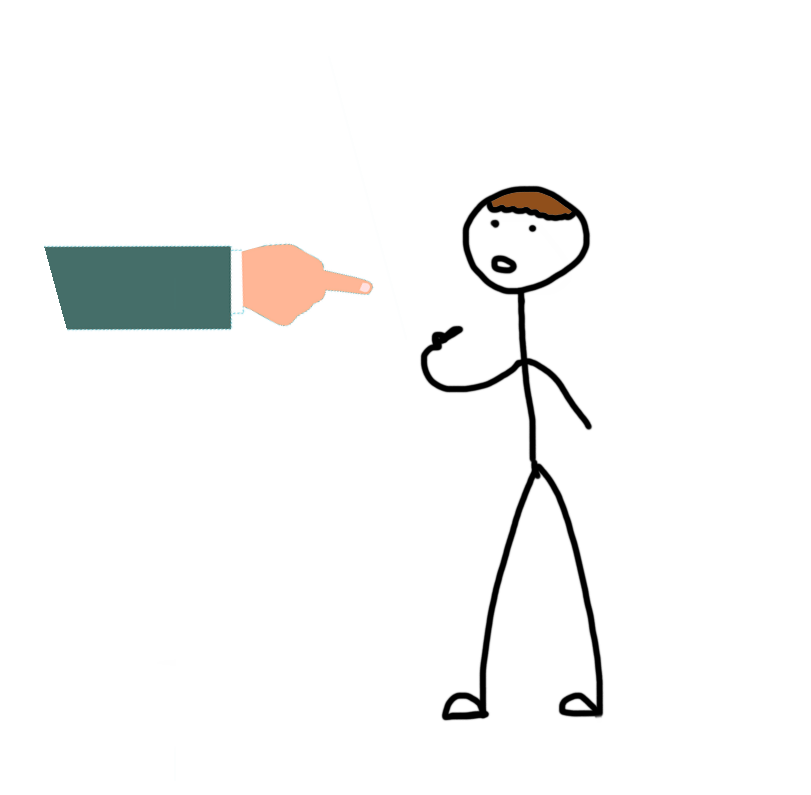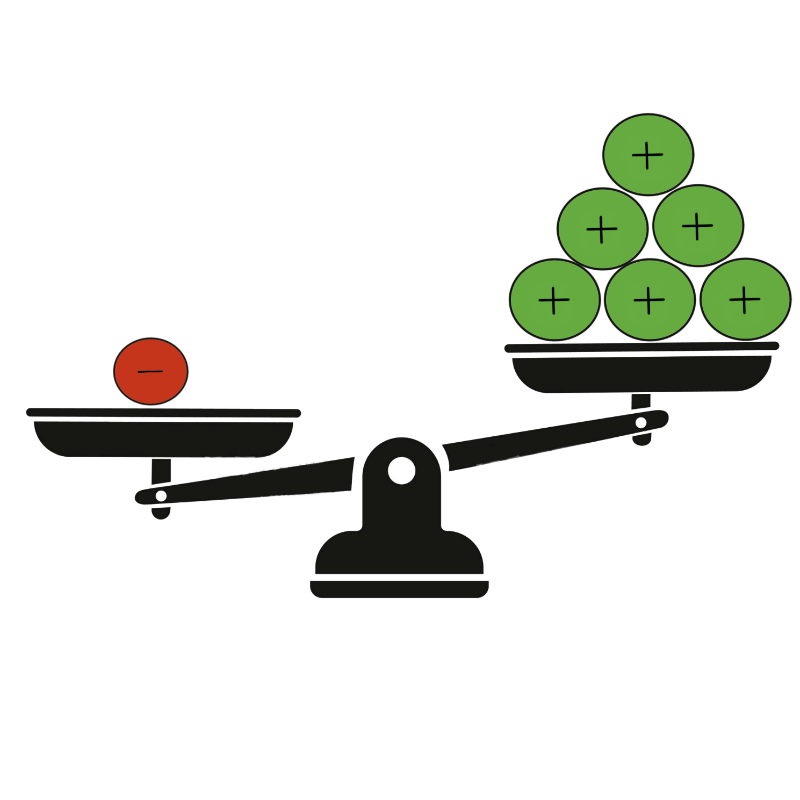Disclaimer: This blog post is for informational purposes only and does not promote or encourage the consumption of any substances. While certain anxiolytic medications and/or supplements have been found beneficial for managing performance anxiety, it is essential to consult a qualified healthcare professional before initiating any medication. A healthcare provider can assess an individual’s specific needs, evaluate potential risks, and determine the appropriate course of action.
Okay, so you have had enough of dealing with paruresis and want a solution.
Graduated exposure appears to be an effective long term solution but what if you want a quick fix? Is it possible to use medications or supplements in order to help overcome a shy bladder?
Firstly, I’ll mention that it is absolutely possible to make significant progress in overcoming paruresis without any form of natural or pharmaceutical supplementation. If you have read our blog on overcoming shy bladder syndrome (here) you’ll know pharmaceuticals are not a requirement.
The management of pharmaceutical side effects and dosages can be quite complex so it may be best for most people to stay clear from them. However, in order to avoid a dogmatic approach to overcoming paruresis, we can explore certain substances which have demonstrated to provide relaxing effects.
Let’s explore some natural and synthetic supplements/pharmaceuticals.
GABA (Gamma-aminobutyric acid)
GABA is a naturally occurring inhibitory neurotransmitter (neurotransmitters carry chemical signals from one cell to another).
In layman’s terms, when GABA interacts with a neuron, it makes it harder for the neuron to fire, thus reducing overall neuronal activity and essentially calming the nervous system. This process results in a calming effect and can help regulate anxiety responses.
Therefore, GABA helps to reduce anxiety, promote relaxation, and contribute to a sense of tranquility. It’s a bit like reducing the static on the radio (radios? What are those?).
Potential Benefits of GABA for Social Phobias:
- Reducing the automatic fear response: By promoting relaxation, GABA may potentially reduce the severity shy bladder syndrome in public restroom environments.
- Facilitating Exposure Therapy: Exposure therapy is a commonly used technique in the treatment of social phobias – including paruresis! By dampening the physical symptoms of anxiety, GABA can make exposure therapy more tolerable.
You can increase levels of GABA naturally by eating fermented foods such as kimchi or you may choose to take a supplement.
Phenibut
Phenibut is a synthetic compound that was initially developed in the 1960s in Russia as an anti-anxiety medication. It is structurally similar to the GABA neurotransmitter and is thought to act on GABA receptors.
Phenibut’s anxiolytic (anti-anxiety) effects have led some trying it out to help them navigate performance anxiety of public speaking, going a date, interviews etc. This substance could even be potentially used to increase relaxation in public restroom environments.
It is believed that by acting on GABA receptors, phenibut can reduce anxiety symptoms and promote relaxation, potentially making it easier for individuals with paruresis to urinate in public settings.
It is important to note that GABA stimulants work symbiotically so it may be a good idea to avoid stacking multiple GABA substances as this could lead to an overdose.
Ashwagandha (Withania somnifera)
Although it has a name that sounds like its been plucked out of a fantasy novel, ashwagandha is a an adaptogenic herb native to India.
A review of 12 clinical studies examining the efficacy of ashwagandha supplementation for stress-relief concluded that “ashwagandha supplementation significantly reduced anxiety and stress level compared to the placebo.”1
L-theanine
L-theanine is an amino acid found in green and black tea which provides a calming effect. It acts as a mild anxiolytic (anti anxiety) and is a very mild muscle relaxer.
In 2019, a study provided healthy adults with 200mg of L-theanine on a daily basis for 4 weeks. The results showed that compared to the placebo group, subjects taking the L-theanine supplement reported lower levels of stress as well as improved sleep quality.
Despite the beneficial effects of L-theanine, the anti-anxiety response is unlikely to produce any significant results in and of itself. It may however, be a suitable option to support graduated exposure therapy.

If you do want to give L-theanine try, you may drink tea (green or black) for a gentle dose. Alternatively, there are supplements that can provide a stronger dose (serving size is typically 200mg).
Beta Blockers
What are beta blockers?
Beta blockers are a class of medications primarily used to treat conditions such as high blood pressure and irregular heart rhythms. However, these are often used to help calm nerves and performance anxiety too.
Here’s a weird fact: a friend of mine took beta blockers on the day of his driving test to help him calm his nerves.
Anyway, these medications work by blocking the effects of adrenaline on the body’s beta receptors. Adrenaline is a hormone released during stressful situations that can trigger the “fight or flight” response, leading to increased heart rate, palpitations, and other physical symptoms associated with the sympathetic nervous system – like the involuntary tightening of the internal urinary sphincter muscle (more about this here).
How do they work?
By reducing the effects of adrenaline, beta blockers can help mitigate these physical symptoms, providing relief and enhancing an individual’s ability to engage in social situations more comfortably.
Beta blockers target the beta receptors found in various parts of the body, including the heart, blood vessels, and lungs.
By binding to these receptors, beta blockers inhibit the actions of adrenaline, leading to a decrease in heart rate and blood pressure.
Foods and substances to avoid
Sugar
Watermelon sugar hi……ooops caught me singing there for a second.
Firstly, it is important to note that not all sugar is created equal. The sugar you might find naturally in honey and fruit (mostly fructose and glucose) will likely differ from the sugar found in soft drinks and candy.
Here is why you may wish to cut down on consuming sources of refined sugar like soft drinks:
❌ Blood Sugar Imbalances: When we consume sugar-rich foods or beverages, especially those high in refined sugars, our blood sugar levels can spike rapidly. This rapid rise is followed by a subsequent drop, leading to fluctuations in blood glucose levels. These fluctuations can trigger symptoms of irritability and anxiety.
❌ Disrupted Neurotransmitter Balance: Sugar consumption may affect neurotransmitters, the chemical messengers in the brain that regulate mood and emotions. Research shows that excessive sugar intake can disrupt the balance of neurotransmitters like serotonin and dopamine, which may contribute to increased anxiety and stress.
❌ Inflammation and Oxidative Stress: High sugar consumption has been linked to increased inflammation and oxidative stress in the body. Chronic inflammation and oxidative stress can negatively impact the brain and potentially contribute to elevated levels of anxiety and social phobias.
❌ Gut-Brain Axis: Excessive sugar intake can disrupt the balance of gut bacteria, leading to an unhealthy gut microbiome. Disruptions in the gut microbiome have been associated with mood disorders and anxiety. Additionally, the gut microbiome plays a role in the production and regulation of neurotransmitters, further influencing mental well-being.
It’s important to note that the impact of sugar on anxiety and social phobias can vary among individuals. Factors such as overall diet, genetic predisposition, and individual tolerance to sugar can influence its effects.
Final Thoughts
It is important to note that while pharmaceutical compounds and supplements may have a place in helping you overcome shy bladder syndrome, these should not completely replace time tested practices such as graduated exposure therapy.
Pharmaceutical drugs are like putting a band aid on a broken leg. Sure, it may help a little bit in the short term, but they don’t help resolve the underlying issue.
The underlying issue of paruresis, at its core, is not a physical one (read here about what causes sbs). Therefore, in order to completely overcome shy bladder syndrome and gain the confidence to void in public places (even without temporarily sedating ourselves), you will likely require a protocol other than medication.
Supplements, may at best, compliment or support your main protocol.
Have a great day!
Overcome Shy Bladder Syndrome Today
Get your hands on the time tested Beat Shy Bladder Blueprint
- Self Auditing
- Protocol Reviews
- Knowledge Trove
- Feedback Loops
- Heart Rate Variability
- Visualisation
- Mindset Upgrade
- Desensitisation




